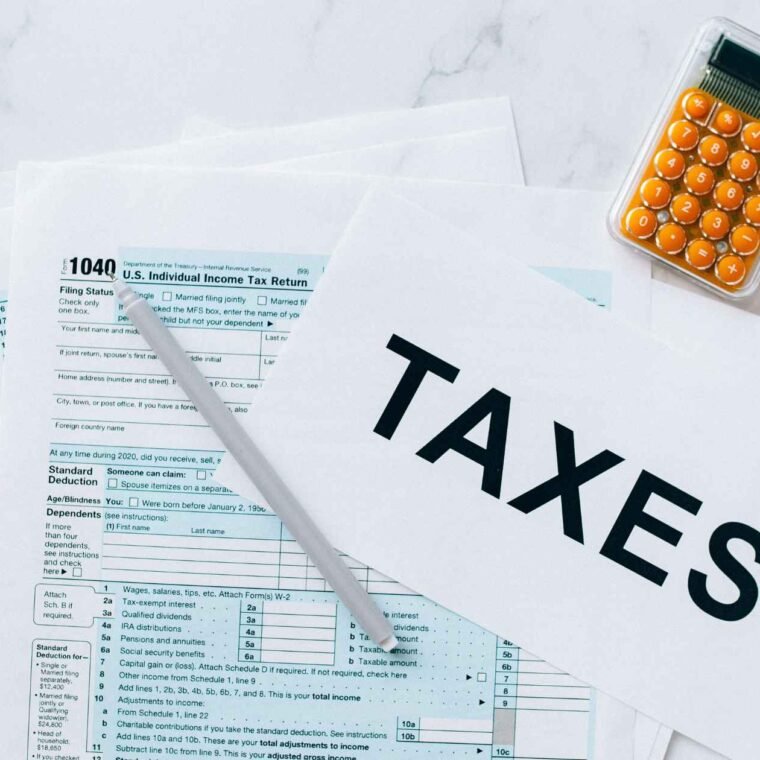The UAE government announced the implementation of a new corporate tax in January 2022. Before this announcement, corporate profits were not subject to taxation, except for specific sectors such as resource extraction and foreign banks. However, starting from June 1st, 2023, a wider range of businesses operating within the UAE will now be obligated to pay a corporate tax in Dubai, UAE, at a fixed rate of 9%. While not all businesses will be directly affected by this new tax regulation, it is crucial to comprehend its implications and assess how it may impact your organisation moving forward.
Why did the UAE introduce Corporate Income Tax?
- Driving UAE’s Development and Strategic Goals
The implementation of corporate tax in the UAE not only serves the purpose of attracting investments but also plays a vital role in expediting the nation’s development and accomplishing strategic objectives. By generating revenue through corporate taxes, the UAE can allocate funds towards crucial infrastructure ventures and public services, benefiting both businesses and residents alike. This proactive measure aligns with the UAE’s vision of progress and furthers its strategic goals for sustainable growth.
- Accelerate UAE’s Development and Strategic Objectives
Apart from attracting investment, the implementation of corporate income taxes can expedite the country’s development and facilitate the attainment of strategic objectives. The revenue generated from corporate taxes can be used to fund critical infrastructure projects and public services, which can benefit both businesses and residents of the UAE.
- Boosting UAE’s Standing as a Premier Business Hub
The introduction of corporate tax in Dubai, UAE, seeks to bolster the nation’s position as a prime destination for commerce and investment. By embracing taxation practices akin to those implemented in established economies, the UAE aims to provide investors with enhanced transparency and stability. This endeavour aims to further elevate the UAE’s appeal as an exceptionally attractive business hub, enticing enterprises from around the world.
- Adhering to Global Tax Standards
The corporate tax in Dubai aligns to uphold international tax standards and promote transparency. The UAE has pledged to collaborate with other nations in enhancing global tax practices and mitigating the potential for tax evasion and detrimental activities. By implementing the corporate tax, the UAE demonstrates its dedication to responsible and accountable participation within the international community.
- Eliminating Harmful Tax Practices
The implementation of a new tax regime serves as a crucial measure to eradicate harmful tax practices. Previously, certain companies in the UAE may have utilized tax loopholes or other tactics to evade their rightful tax obligations. However, with the introduction of corporate taxes, a fair and equitable business landscape is established, ensuring that every enterprise contributes its proportionate share to the nation’s economy. This decisive action fosters a level playing field and eliminates unfair advantages, promoting a more transparent and accountable business environment in the UAE.
Understanding Corporate Tax in the UAE
Corporate tax in Dubai, UAE refers to the direct tax imposed on the net income or profits earned by corporations and other types of business entities. It is also known as ‘Corporate Income Tax’ or ‘Business Profits Tax.’ The corporate tax requires businesses to pay a specific percentage of their profits as tax. It is a means of taxing the net profit generated by companies.
Who are required to pay Corporate Tax?
Corporate tax in Dubai applies to businesses whose taxable net profit exceeds 375,000 AED. These businesses are obligated to pay a designated percentage of their net profit as corporate tax.
Entities Subject to Corporate Tax in the UAE:
- UAE Companies and Juridical Persons: Corporate tax applies to all UAE companies and other juridical persons that are incorporated or effectively managed and controlled within the UAE. These entities must adhere to the requirements outlined in the corporate tax law.
- Natural Persons (Individuals): Individuals engaged in business or business activities within the UAE will also be subject to corporate tax as per the forthcoming cabinet decision.
- Non-Resident Juridical Persons (Foreign Legal Entities): Corporate tax is applicable to non-resident juridical persons with a permanent establishment in the UAE.
Corporate Tax for Juridical Persons in UAE Free Zones
Juridical persons established in UAE free zones are included as “taxable persons” and are therefore subject to corporate tax. However, there is a provision for qualifying free zone persons who meet specific conditions. These qualifying free zone persons can avail themselves of a corporate tax rate of 0% on their qualifying income.
Withholding Corporate Tax in the UAE
Non-resident persons who do not possess a permanent establishment in the UAE or earn UAE sourced income unrelated to their permanent establishment may be liable for withholding tax. The withholding tax rate applicable in such cases is set at 0%. Withholding tax serves as a form of corporate tax collected at the source by the payer on behalf of the income recipient. It is applicable to cross-border payments involving dividends, interest, royalties, and various other types of income. This tax mechanism is prevalent in numerous tax systems globally.
Corporate Tax Rate in the UAE
The corporate tax rate in the UAE is set at 9% of the net profit generated by businesses. However, as a means of providing assistance to small businesses and start-ups, a special provision applies. If the net profit is up to 375,000 AED, the corporate tax rate is reduced to 0%.
Implementation of Federal Corporate Tax
The implementation of the federal corporate tax in the UAE is scheduled to commence from the beginning of the financial year starting on or after 1st June 2023.
Summary
To prepare for corporate tax, it is crucial to familiarise yourself with the corporate tax law and any additional guidance provided by the Ministry of Finance and the Federal Tax Authority. Each business has its specific requirements for corporate tax in Dubai, such as registration procedures, accounting/tax periods, filing deadlines, and necessary applications. Understanding these requirements is essential to adhere to the law and avoid potential penalties.
Since corporate tax is new for businesses, it is best to seek help from any leading tax consultants in Dubai, UAE. Being one of the top tax consultants in Dubai, TCA possesses the expertise to help businesses navigate corporate tax requirements. We maintain accurate financial information and records necessary for corporate tax purposes, ensuring businesses remain compliant.


